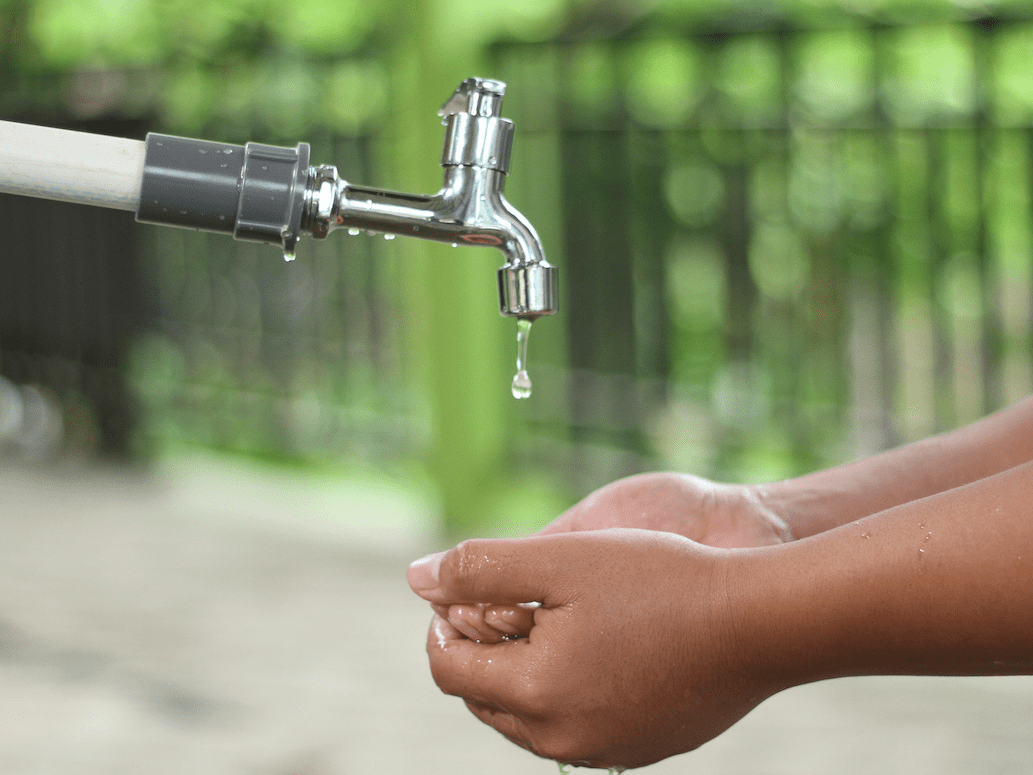‘The Kids Are Not Alright’: hygiene shaming and child poverty
A recent survey by charity Beauty Banks has shown the shocking reality of life for children living in poverty. Their research reveals that 44% of teachers have witnessed children being bullied due to hygiene-related issues. 39% have also witnessed a direct effect on the mental health of children due to problems with hygiene shaming.
Hygiene shaming is an old practice with a new name. It identifies the shame that children may feel without access to products like deodorant, toothpaste, or soap. This comes from self-shaming and peer-shaming, both because the child cannot afford to be clean.
The stigma stemming from hygiene poverty can have a significant impact on a child’s education and quality of life. Educational Psychologist Joyce Fullarton has remarked that there is other qualitative evidence to support Beauty Banks’ findings.
Teachers expect to see a rise in this hygiene poverty as a result of the pandemic
She commented: “recent research has reported that girls who experience hygiene poverty are more likely to experience stress, anxiety and depression, lack confidence and find it hard to socialise. They are less likely to be successful in GCSE exams and unlikely to sit A-levels.”
The survey also concludes that one in three teachers expect to see a rise in this hygiene poverty as a result of the pandemic.
Beauty Banks’ mission is to help these children and ensure that they do not have to suffer from the stigma of being unclean. The charity describes itself as the equivalent of food banks for hygiene essentials. It distributes products to charities, schools, homeless shelters, refuges, and NHS trusts to help those who cannot afford to stay clean.
Teachers expect to see a rise in this hygiene poverty as a result of the pandemic
Aside from supplying hygiene products, Beauty Banks works with MPs, the press and other charities to fight for their cause. They were also a part of the campaign to get free period products available in schools which came into place in January 2020. Currently, around 137,000 children in the UK miss school every year due to period poverty.
Their current fundraiser, The Kids Are Not Alright, has raised £23,611 of their £25,000 target. It specifically targets hygiene shaming in schools and the difficulty that faces children in poverty going back to school amidst a pandemic. If hygiene products can be made readily available in school for everyone, it can relieve problems concerning access to them and make not being able to afford them less shameful. In 2020, brushing your teeth or washing your hair should not be considered a luxury.
According to the Joseph Rowntree Foundation, around 14 million people currently live in poverty in the UK. As of 2020, more than half of people in poverty live in a working family. These families often have to choose between buying food or toiletries. Those who are struggling often stop buying toiletries long before they turn to a food bank for help.
What can I do to help?
If you would like to help the fight against hygiene poverty, Beauty Banks is a good place to start. The charity works with Easho – a service which allows users to buy items off a wish list to be donated to Beauty Banks.
There are also many local “Beauty Spots” across the UK that accept donations of unopened toiletries, hygiene products, and makeup. It is also possible to set up a Beauty Spot in a safe and publicly accessible space, such as a salon, shop, or nail bar. Beauty Banks will then partner you with local charities to deliver any unused products and donations you receive.
We can still advocate for healthy hygiene and try to help people rather than ridicule them
There is also something to be said in how we judge those with poor hygiene. We often equate a lack of hygiene to laziness, but the reality is we have no idea about someone’s situation. Poor hygiene is often the result of mental health issues or, as we have seen, because of one’s low socioeconomic status. There are some aspects of bad hygiene that can harm our health, such as not brushing our teeth. Yet, we can still advocate for healthy hygiene and try to help people rather than ridicule them.
If people and the media were not so quick to judge those who do have poorer hygiene, perhaps our children would not learn such behaviour and take it into the playground. In our current pandemic, we need to look out for one another and look after each other more than ever.

Comments